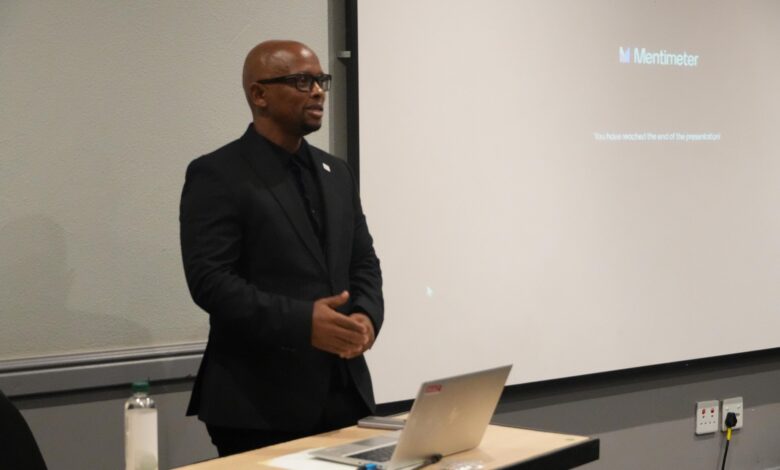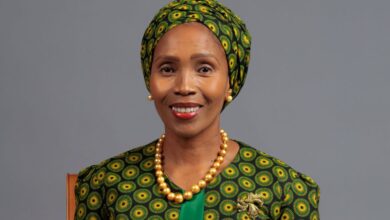The Urgent Need for Policy Changes in Managing Climate Disasters Through Impact-Based Forecasting (IBF)

The time has come for nations around the world to reassess and revamp their policies regarding the management of climate disasters, with a particular focus on the Impact-Based Forecasting (IBF) initiative. This was the key message from Mr. Kopano Masilo, the Head of Delegation for the International Federation of the Red Cross and Red Crescent (IFRC) in Pretoria, South Africa, who delivered an insightful opening address at a three-day IBF training session held in Johannesburg earlier this week.
The training, which brought together a diverse group of experts, including forecasters, disaster managers, and media professionals, was aimed at equipping participants with the tools and knowledge necessary to implement IBF strategies effectively. Mr. Masilo emphasized the critical importance of influencing government policies to better manage the increasing frequency and intensity of climate-related disasters.
Impact-Based Forecasting is a proactive approach that goes beyond traditional weather forecasting by not only predicting extreme weather events but also assessing their potential impacts on communities and infrastructure. By providing a clear understanding of what is likely to occur and how it will affect different sectors, IBF enables decision-makers to take timely and targeted actions to minimize damage, save lives, and protect livelihoods.
Mr. Masilo urged participants to work collaboratively and advocate for the adoption of IBF policies at the governmental level. He stressed that while many countries are already seeing the destructive impacts of climate change, the tools available for disaster preparedness and response need to be redefined to ensure the protection of vulnerable populations.
With global resources dwindling and climate-related disasters becoming more frequent, Mr. Masilo pointed out that nations must find ways to maximize the impact of every dollar spent. He noted that the current funding model for disaster relief is unsustainable, and it is essential to shift the focus towards strategic investment in preventative measures, including the adoption of IBF practices.
According to Mr. Masilo, decision-makers need to rethink disaster management approaches and prioritize investment in early warning systems, preparedness training, and infrastructure resilience. By doing so, governments can mitigate the long-term economic and social costs of disasters, while also saving lives in the immediate aftermath.
One of the key takeaways from the training was the importance of collaboration among various stakeholders. Forecasters, disaster managers, and the media all play pivotal roles in ensuring that climate disasters are managed effectively. Through the IBF initiative, these groups can work together to disseminate accurate information and provide clear, actionable guidance to communities at risk.
The media, in particular, was highlighted as a powerful tool in reaching the wider public and educating people on how to respond to impending climate-related events. By providing timely updates and fostering a culture of preparedness, the media can help save lives and reduce the overall impact of disasters.
The three-day IBF training served as a critical platform for sharing best practices and discussing how to drive policy changes at the national and regional levels. Mr. Masilo’s call to action for government officials, humanitarian organizations, and the private sector is clear: it is time to invest in proactive, impact-driven disaster management strategies that prioritize the safety and well-being of communities.
As climate disasters continue to escalate, adopting Impact-Based Forecasting could be the key to building resilience and ensuring a more sustainable future for all. The IBF initiative represents not just a shift in how we forecast weather but a fundamental change in how we approach the challenges posed by climate change. It’s time for decision-makers to step up and embrace these innovative solutions to save lives and protect communities in the face of an ever-changing climate.
Join 'Lesotho News' WhatsApp Channel
Get breaking Lesotho news — delivered directly to your WhatsApp.
CLICK HERE TO JOIN



